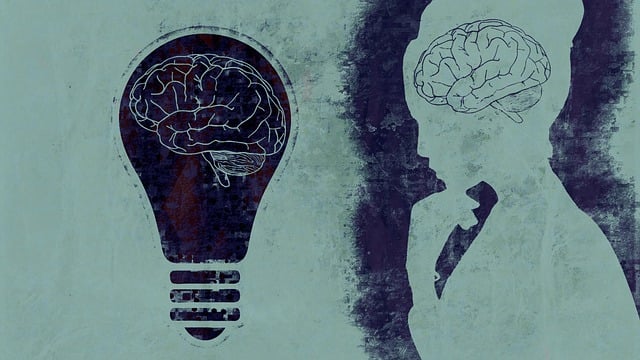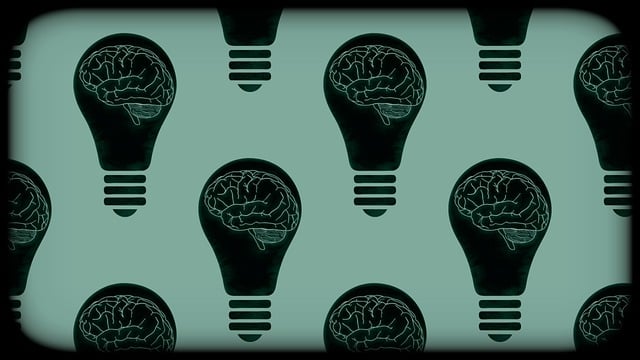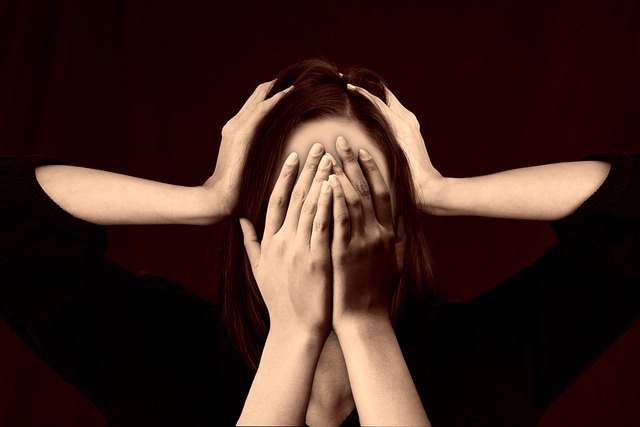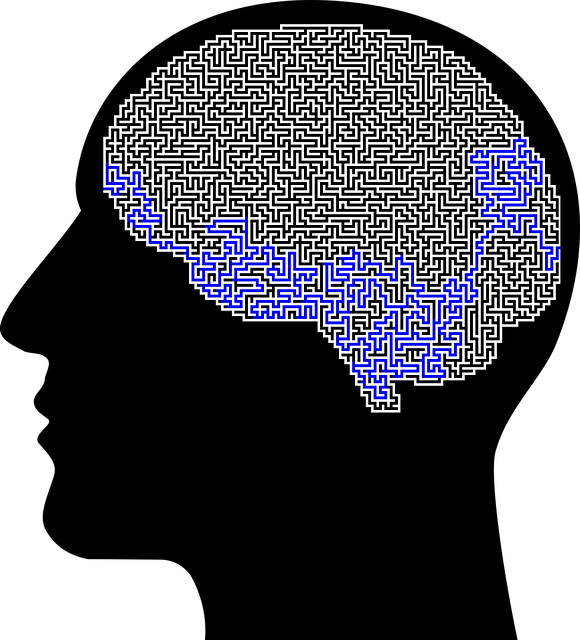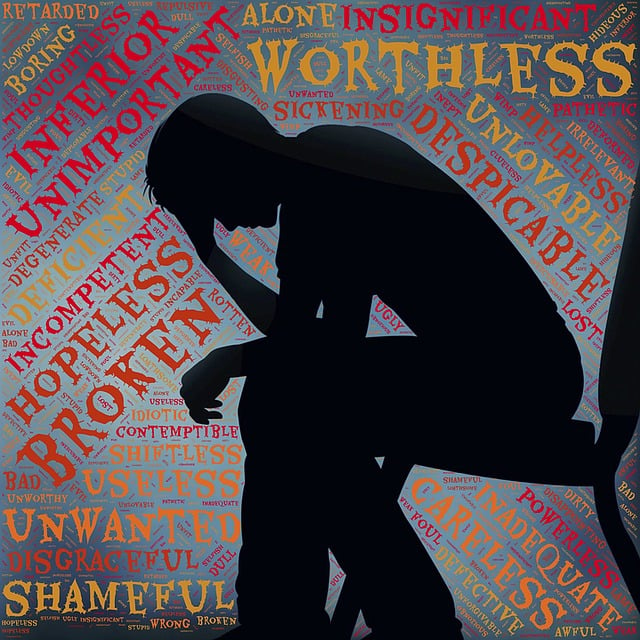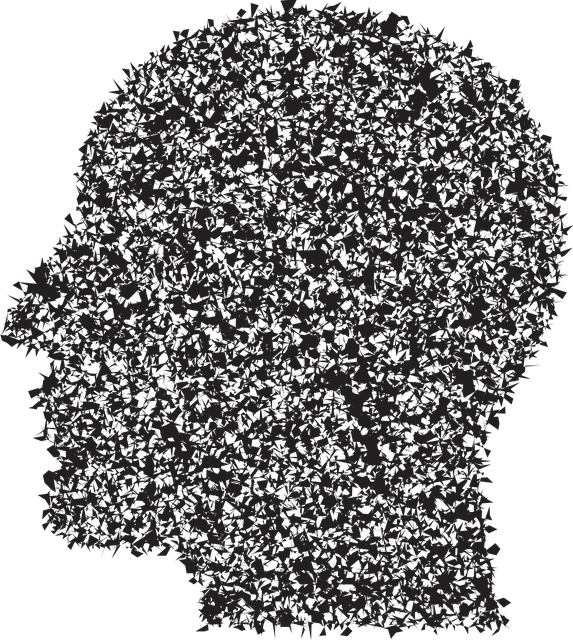In today's diverse society, mental healthcare professionals must embrace cultural sensitivity to provide effective treatment. Lafayette Bilingual Therapy exemplifies this by offering services in clients' native languages, fostering trust and personalized care. Therapists must address systemic issues like discrimination, manage biases, and employ diverse perspective conflict resolution techniques. This holistic approach improves outcomes, ensures accessible care for all cultural backgrounds, and respects each patient's unique needs, ultimately enhancing client experiences and treatment outcomes.
Cultural sensitivity in mental healthcare is a critical aspect of providing effective, inclusive support, especially within diverse communities. This article explores the vital role that Lafayette Bilingual Therapy plays in understanding and addressing cultural diversity’s impact on mental health. We delve into the challenges faced, such as language barriers and stereotypes, and present strategies for enhancing cultural sensitivity, including specialized training and tailored treatment plans. By examining these aspects, we aim to highlight Lafayette Bilingual Therapy’s commitment to serving its culturally diverse population effectively.
- Understanding Cultural Diversity and Its Impact on Mental Health
- – Exploring the significance of cultural sensitivity in mental healthcare
- – Statistics and insights into culturally diverse populations seeking therapy
Understanding Cultural Diversity and Its Impact on Mental Health

In today’s diverse society, mental healthcare professionals must embrace cultural sensitivity to provide effective treatment. Understanding cultural diversity is paramount as it significantly influences an individual’s emotional well-being and experiences with mental health services. Lafayette Bilingual Therapy recognizes that every client enters therapy with a unique cultural lens, shaped by their background, beliefs, and values. This awareness is crucial for building trust and fostering open communication. When therapists demonstrate sensitivity to these differences, clients feel validated, encouraging them to share their perspectives openly, which is essential for accurate diagnosis and tailored treatment plans.
Cultural diversity enriches the therapeutic process, offering diverse perspectives on mental health issues and recovery. Compassion cultivation practices and self-awareness exercises can empower therapists to navigate these complexities. By incorporating techniques that promote emotional well-being across cultures, professionals can ensure their approach remains inclusive and respectful. This sensitivity not only enhances the client’s experience but also contributes to more successful outcomes, as culturally competent care addresses the holistic needs of each individual.
– Exploring the significance of cultural sensitivity in mental healthcare

In today’s diverse society, cultural sensitivity in mental healthcare is more than a preference; it’s an imperative. Understanding and respecting the unique cultural backgrounds, beliefs, and values of individuals seeking therapy are crucial for effective treatment. This is especially relevant when considering the growing multicultural population, where one-size-fits-all approaches often fail to address the nuanced needs of various ethnic and linguistic groups. For instance, Lafayette Bilingual Therapy recognizes that providing services in a client’s native language not only removes barriers but also fosters trust and openness, enabling more accurate assessments and personalized care.
Beyond language, cultural sensitivity involves acknowledging and addressing the impact of systemic issues like discrimination, racism, and cultural stereotypes on mental health. It requires therapists to be aware of their own biases and to employ conflict resolution techniques that honor diverse perspectives. This holistic approach not only improves therapeutic outcomes but also contributes to a more inclusive mental health policy analysis and advocacy, ensuring that self-care practices are accessible and effective for all individuals, regardless of their cultural background.
– Statistics and insights into culturally diverse populations seeking therapy

In today’s diverse society, mental healthcare practices increasingly encounter a wide range of culturally diverse populations seeking therapy. According to recent statistics, nearly 40% of Americans identify as part of a racial or ethnic minority group, reflecting the growing need for culturally sensitive care. This demographic shift is also evident in the rise of Lafayette Bilingual Therapy, which caters to individuals who speak languages other than English, ensuring that all patients can access services in their preferred language. The demand for such specialized services underscores the importance of cultural sensitivity in mental healthcare.
Beyond language barriers, cultural factors such as beliefs, values, and traditions significantly influence how individuals perceive and express mental health issues. For instance, studies show that minority groups often face unique challenges related to stress, anxiety, and burnout prevention due to systemic discrimination, acculturation stressors, and cultural barriers to care. As a result, healthcare provider cultural competency training has become crucial in equipping professionals with the skills to address these complexities. By fostering an environment of understanding and respect, mental health practitioners can provide tailored support for Anxiety Relief, ensuring that every patient receives effective care tailored to their cultural needs.
Cultural sensitivity is a cornerstone of effective mental healthcare, especially within the diverse communities served by practices like Lafayette Bilingual Therapy. By recognizing and respecting cultural differences, therapists can create inclusive environments that foster trust and improve outcomes for individuals from various backgrounds. This approach not only enhances care quality but also ensures equitable access to mental health services for all.
